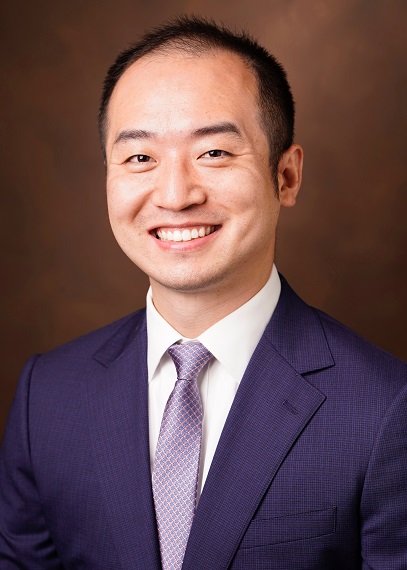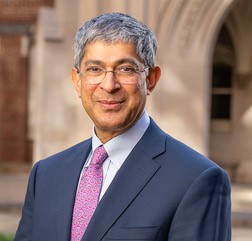About the VERTICAL Program
Benefits
Leveraging the strengths of the Vanderbilt-Ingram Cancer Center, Vanderbilt University, and Vanderbilt University Medical Center, this paid program will immerse you in a research laboratory for 2 years working with a Vanderbilt faculty member on a cutting-edge cancer research project.
Participants will receive a stipend and benefits. Through this program you will gain the knowledge, skills, and community to further your career in cancer research or medicine.
In addition to your research, fellows will participate in:
- Responsible Conduct in Research training
- Interdisciplinary Graduate Program (IGP) coursework
- Individualized research development plan
- Introduction to Cancer Biology course
- Clinical Cancer Medicine course
- GRE or MCAT preparatory course
- Meharry Medical College (MMC)-Vanderbilt-Tennessee State University (TSU) Cancer Partnership (MVTCP) online modules
- Cancer Biology Science Hour presentation
- VICC Annual Scientific Retreat, MVTCP retreat, and other retreats
- Scientific conferences
- Career Path Lunch & Learn Sessions
- Online resources from Vanderbilt University, Nature Masterclass
- Science & Community Impact Talks
- Volunteer opportunities
Eligibility
Eligible candidates for the VERTICAL program will be:
- Individuals with bachelor’s degrees from nationally accredited colleges or universities who desire to pursue doctoral degrees and careers in science or medicine, with a focus on cancer.
- Able to commit to the full-time, 2-year program which runs from August 2025 – August 2027 in Nashville, Tennessee.
- Individuals who are interested in pursuing doctoral degrees and careers in science or medicine, with a focus on cancer, will benefit most from the program.
Application Information
For those interested in applying for the 2025-2027 VERTICAL Program, please complete an interest form here
The formal application will be available in January and sent to those who have completed the interest form. Please see below for the list of required application components.
- One-page statement of interest
- Copy of college transcript (does not need to be official)
- Two letters of recommendation from prior educators and/or employers
- A current resume or CV
Contact
All program questions should be directed to VERTICAL@vumc.org.




